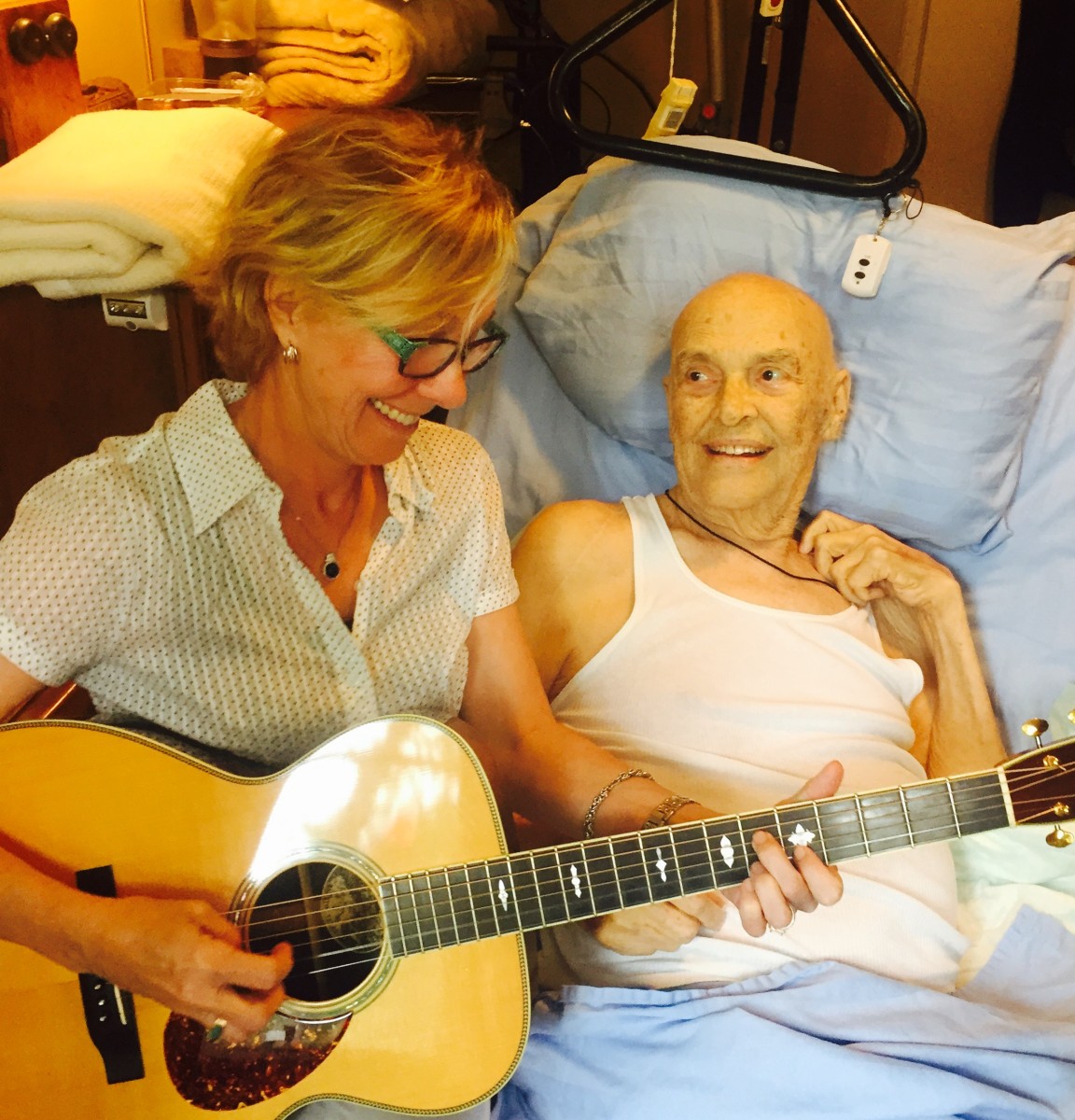Iconic among songwriters and music leaders, Louisa Branscomb is world-renowned as a songwriter, performer, and advocate for the transcending power of songs to change the lives of the writer, and the larger community. Combining a lifetime of songwriting and performing with a career in the psychology of creativity, Louisa presents a unique and deep understanding of how creativity and songwriting relate to the personal and artist journey that some have called “genius.” Lyric Mountain, the rural home of her retreat for artists and artist workshops extends the vision of Woodsong Farm (est 1987) to an emphasis on the artistic core within all of us, that enables us to live art-worthy lives in many forms of creating snd communicating. This concept informs her model of “From the Inside Art” – capturing the artists’ cycles of going to the clearest truth within, and taking it in some form back to the community.
Staff includes seasoned professionals in songwriting, singing, arrangement, preproduction, poetry, and special panels integrating other art forms as well. Louisa directs programs on the ground and by zoom from Lyric Mountain Retreat.
UP CLOSE
Songwriter
“Songwriting is the purest art form. It leads us to the essence of experience, through all our senses. It offers a form to celebrate the little story that descends through the rabbit hole to universal experience. Songs join us together, no matter what our differences, and remind us we are one family – humanity.” ~ Louisa Branscomb
- Songwriter Legend Foresees Current Events in Multi-Genre Hit Album
- Songwriter Profile ~ Richard Thompson, Bluegrass Today
- Freight Train for a Song: A Life on Track
Author & Presenter
Louisa has been conducting workshops on creativity, finding one’s individual voice, and songwriting for many years, and is available for an individual consultation at Lyric Mountain, workshops at the farm, via Zoom, or elsewhere.
- Louisa Branscomb Takes 32 Year Legacy of Woodsong Farm Songwriter Retreats to NC – Sandy Hatley, Bluegrass Today
- Branscomb Songwriting Retreats
Performer
Growing up in Alabama, Branscomb showed a natural inclination for writing and playing music at a young age. She could create her own melodies on the piano by the age of four and within a couple of years, she began writing her first songs. When she was 11, one of her songs was entered in a local contest and she won the opportunity to perform it at the civic auditorium backed by the Birmingham Symphony. By the time Branscomb attended college, she’d already written heaps of original songs and added the banjo to her growing list of instrumental skills. In 1971, while a faculty member at Bowman Gray School of Medicine, she was singing, playing banjo, and writing most of the songs for the bluegrass group Boot Hill. It was a rarity at that time for a woman to lead such a group and she soon left her faculty job and spent the remainder of the 1970s touring and recording with Boot Hill. The group’s 1977 LP, Steel Rails, yielded Branscomb’s best-known song which had been recorded (but not released) a few years earlier first by Mel Tillis then the McPeak Brothers before Boot Hill even released their version. The band reached their commercial peak at the end of the decade, landing an unlikely hit in Japan with their Blue Ridge Memories album and winning a bluegrass-gospel award for 1979’s Fly Soul Away. She also played in another band called Cherokee Rose with bassist and singer Frances Mooney, who would later go on to record a number of Branscomb’s songs with her band Fontanna Sunset.
- You may not recognize her voice, but you’ve heard her songs. ~Claire Levine, The Bluegrass Situation
- Recorded and Performance Discography
“I hope something in the long journey of these words and melodies finds its way into your heart, and if it does, the song will know it has come home.”
“The most powerful tool we have to move people, and bring people together, is music. And songwriting is where music begins. The most important skill a songwriter has is not craft or rhyme — it’s empathy, to connect deeply with one’s own soul and to connect to others. Two verses and a little soul can change lives, and when life is changed, the song keeps on going, crossing frontiers in ways we can only imagine.”
“My approach is based on the assumption that everyone can learn the skills that make writing possible, and that finding one’s voice, and transforming thought and feeling to the song is a personal and highly individual process. In the same way, the kinds of blocks and fears that stall the creative process are also personal. I offer broad frameworks and exercises within which each person can understand, explore, and refine their own writing process, as well as their own blocks, while actually writing as we go.”




